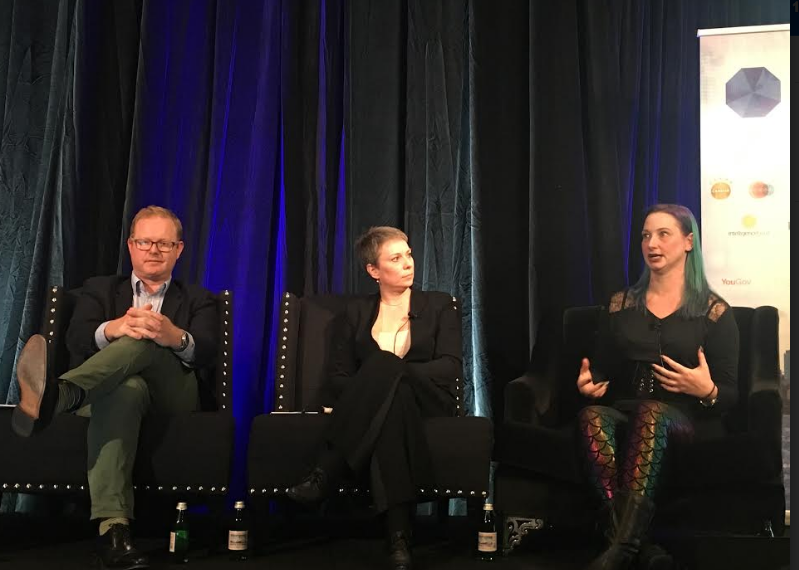Social media encourages people to distrust companies who ‘don’t fuck up’
Companies who don’t admit their wrongdoings on social media will ultimately cause people to distrust them, says Joanne Jacobs, digital strategist, company director and managing partner at Disruptor’s Handbook.
Speaking to an audience at Mumbrella’s Finance Marketing Summit, Jacobs said: “What social media in some respects is encouraging amongst customers is a lack of trust in organisations that don’t fuck up. Frankly, if you haven’t actually been up front about things that go wrong you are not going to generate the same kind of engagement from your customers and trust from your customers.



That report was schizo.
Don’t be perfect/admit your faults…they’re not the same thing. People don’t trust a business that doesn’t F#*@ up…hmm…that’s straight from the pond.
Too much focus on mainstream not enough on social…yeh, facebook needs more attention.
Yes, Wechat’s good but it’s absolutely fantastic if you have a Chinese mobile number.
…did I miss the rest of the article?